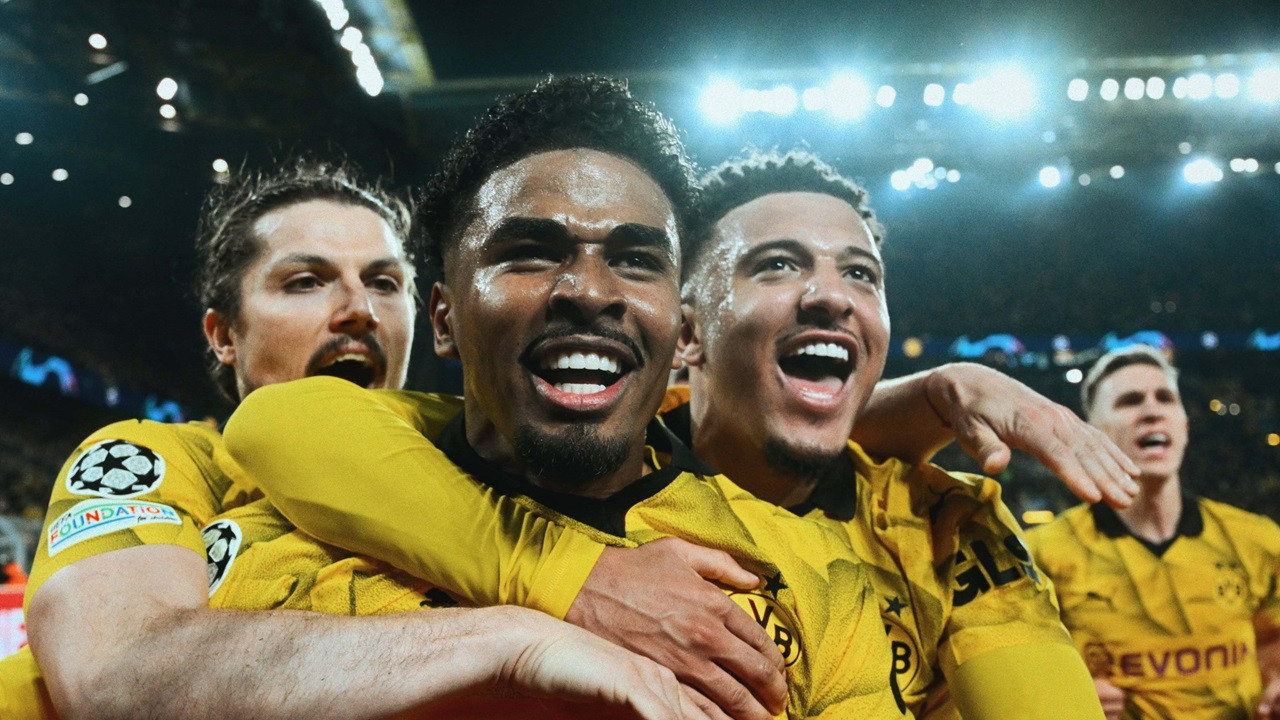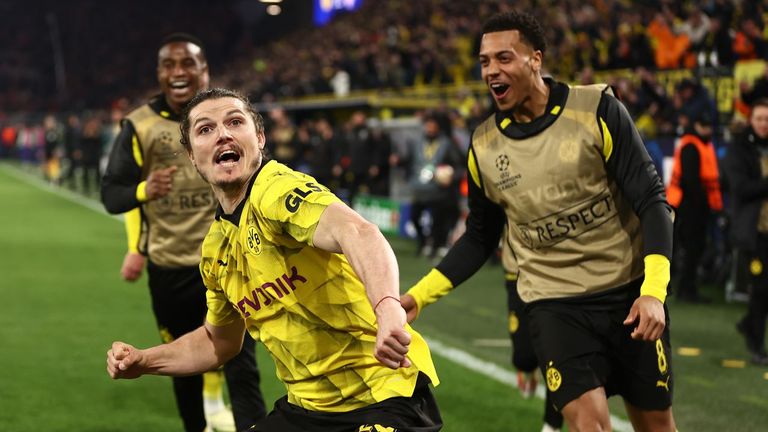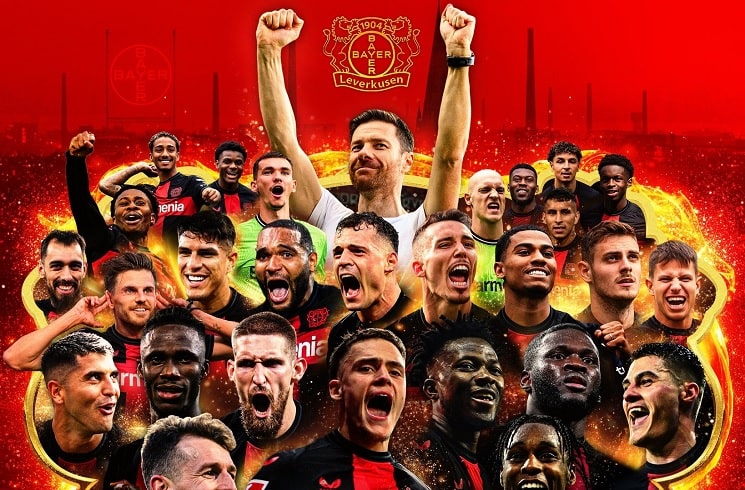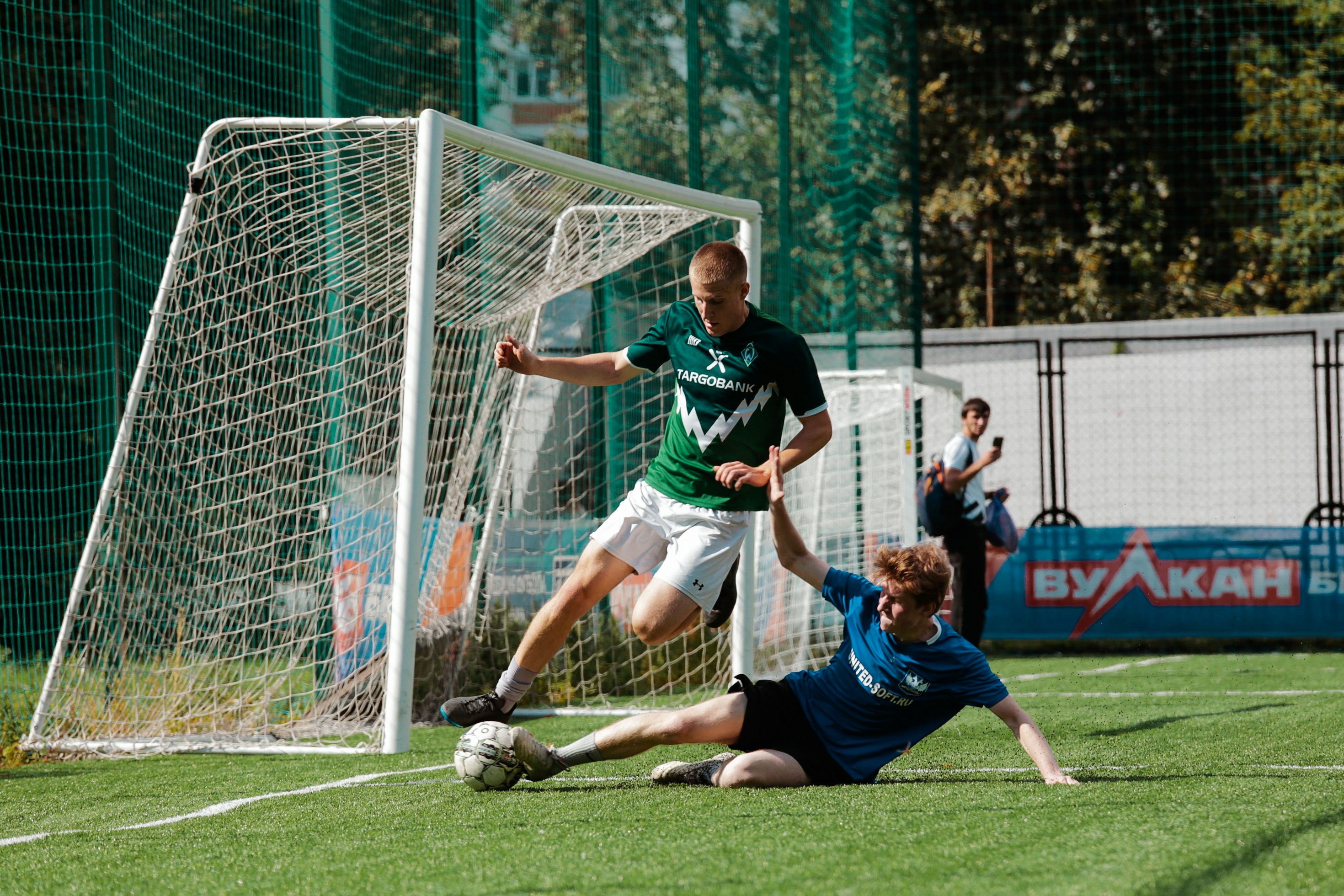The Estadi Olímpic Lluís Companys was the stage for an extraordinary Champions League quarterfinals night that echoed through the annals of football history, marking a clash where Barcelona continued their winning streak. It was a night that pitted giants of the game, including Barcelona, Paris Saint-Germain, and Atlético Madrid, against each other, showcasing the prowess that defines the UEFA Champions League.
As the teams battled for supremacy, the match not only highlighted individual brilliance with players like Lionel Messi and Cristiano Ronaldo leading the charge but also set the stage for strategic encounters that would influence the path to the Champions League semi-finals. This encounter, enriched with 11 goals, has set a benchmark for what the Champions League quarter-finals represent in the realm of European football.
Unforgettable Performances That Defined the Night
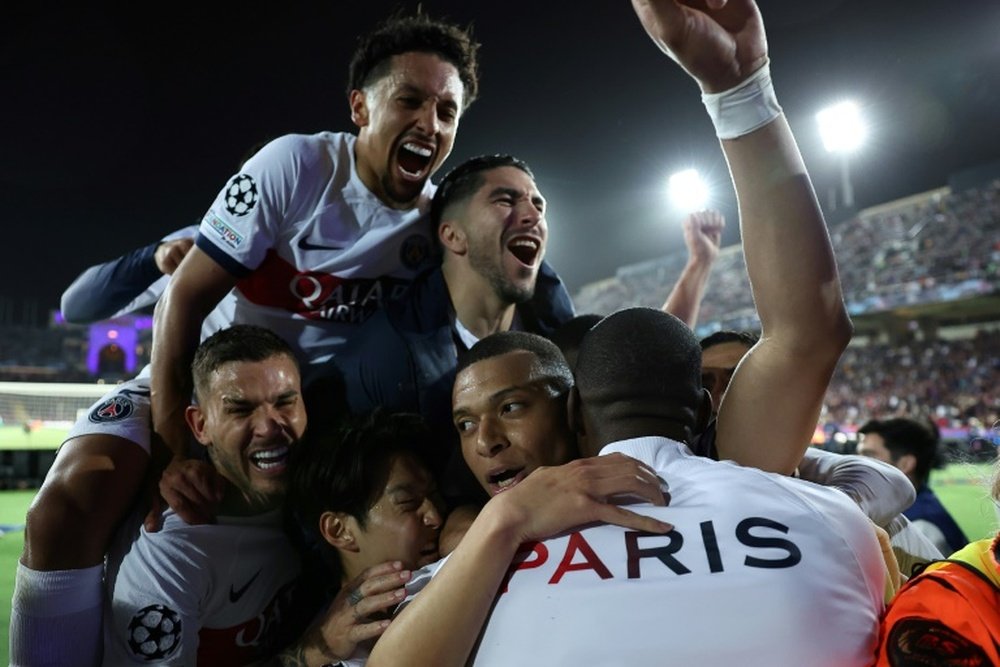
The Estadi Olímpic Lluís Companys witnessed unforgettable performances during the Champions League quarterfinals, where players' individual brilliance shone through the night. Barcelona's Raphinha delivered a stellar performance, scoring twice, which was pivotal in their 3-2 victory over PSG. On the opposing side, PSG's Kylian Mbappé showcased his consistent prowess against Barcelona with a total of six goals in four appearances, including a crucial penalty in the 61st minute followed by a game-altering goal in the 89th minute. Meanwhile, Ousmane Dembele of PSG continued his scoring streak, contributing significantly to the high-octane match. These key performances not only defined the night but also highlighted the players' critical roles in their respective teams' strategies and successes in the fiercely competitive landscape of the UEFA Champions League.
The Strategic Battles Behind the Scores

The strategic dynamics of the Champions League quarterfinals were as thrilling as the scores suggest, with each team implementing meticulous tactics that often pivoted on key incidents. Here’s a breakdown of how strategic elements influenced the outcomes:
Impact of Red Cards:
- Ronald Araujo’s Early Exit: Barcelona was reduced to ten men after Araujo's red card in the 30th minute, disrupting their defensive formation and allowing PSG to dominate possession (68%) and escalate their attacks, resulting in a 6-4 victory.
- Xavi’s Dismissal: This incident further destabilized Barcelona, stripping them of crucial leadership and tactical acumen on the field.
Penalties and Set-Pieces:
- Joao Cancelo’s Penalty Concession: Led directly to Mbappe’s pivotal goal at the 61st minute, highlighting the crucial role of individual errors in the match's outcome.
- Andreas Christensen’s Corner Kick Goal: Demonstrated Barcelona’s reliance on set-pieces, scoring the winning goal and temporarily uplifting the team’s morale.
Tactical Adjustments and Formations:
- PSG’s Defensive Reorganization: Post red card, PSG adjusted their defensive line, moving Marquinhos to right-back which initially exposed them but was later stabilized, showcasing adaptive defensive strategies.
- Barcelona’s Buildup and Midfield Domination: Particularly against Napoli, Barcelona excelled in creating numerical advantages in midfield, which they attempted to replicate against PSG with mixed results due to PSG's aggressive midfield play.
These strategic moves and countermoves not only shaped the flow of the games but also underscored the high stakes and tactical depth characteristic of Champions League football.
Key Moments That Shifted the Game
The Champions League quarterfinals match between Barcelona and Paris Saint-Germain was marked by several key moments that significantly influenced the game's outcome. Here are the pivotal events:
Early Momentum: Barcelona initiated the match with high energy, with Raphinha netting the first goal at the 12th minute, setting a strong pace for the team.
Red Card Incident:
- Player: Ronald Araujo
- Event: Sent off for a foul on PSG's Bradley Barcola, being the last defender
- Impact: This red card was a turning point, identified by Rio Ferdinand as crucial, weakening Barcelona's defense and shifting the game's momentum towards PSG.
Goal Sequence:
- Equalizer: Ousmane Dembélé for PSG just before halftime, bringing the score to 1-1.
- Lead Change: Early in the second half, Vitinha scored for PSG at the 54th minute, giving PSG the lead.
The dynamics of the game were further complicated by the absence of key Barcelona players, Andreas Christensen and Sergio Roberto, due to suspensions, and the return of PSG's Achraf Hakimi, adding depth to their defense. These elements combined crafted a challenging scenario for Barcelona, despite their initial lead and previous victory in the first leg in France.
Implications for Future Champions League Matches
The recent Champions League quarterfinals have set the stage for significant shifts in future matches, influenced by strategic changes and evolving competition formats. Here are the key implications:
Abolishment of the Away Goals Rule: The removal of this rule means that ties that end level after regular play will now extend to extra time and possibly penalties, emphasizing the importance of endurance and depth in squad rosters.
Home Advantage in Second Legs: Teams playing the second leg at home could leverage the familiar settings for extra time or penalties, potentially impacting strategic decisions such as player rotations and tactical setups.
Upcoming Reforms and Expansion:
- Swiss System Introduction: The proposed shift to a league phase, ensuring teams play eight matches (four home, four away), will require clubs to maintain consistent performance over more games, altering squad management and game planning.
- Increase to 36 Teams: With more teams and matches, the Champions League will demand greater stamina and versatility from players, influencing transfer market strategies and youth academy promotions.
These changes are poised to redefine competitive dynamics, making adaptability and long-term planning more crucial than ever for clubs aiming to excel in UEFA competitions.
Reflecting on the unparalleled excitement of the Champions League quarterfinals, it's evident that this clash of titans not only encapsulated the essence of European football but also highlighted the evolving strategies and individual performances that define success at this level. The pivotal roles played by stars such as Raphinha, Mbappé, and Dembele, coupled with tactical ingenuity from the teams, underscored a night where football transcended beyond a mere game to become a showcase of brilliance, resilience, and strategic depth. Through the lens of this unforgettable match, the article has traversed the key moments and strategic battles that will undoubtedly influence future encounters in Champions League history.
Looking ahead, the implications for upcoming Champions League matches are profound, signaling a shift towards more dynamic and tactically versatile approaches. The abolishment of the away goals rule and the anticipated reforms, including the Swiss system introduction and the expansion to 36 teams, promise to intensify the competition even further. These changes underscore the need for clubs to adapt, innovate, and plan with a long-term perspective, ensuring that the spirit of competition remains as exhilarating as witnessed in this quarterfinals showdown. As the realm of European football continues to evolve, the essence captured in nights like these will forever resonate, setting the stage for future legends and unforgettable matches in the heart of fans around the globe.
FAQs
1. Who are the players that have scored five goals in a single Champions League match?
Only three players have achieved this feat: Lionel Messi scored five goals for Barcelona against Bayer Leverkusen on 8 March 2012, Luiz Adriano did the same for Shakhtar Donetsk against BATE Borisov on 21 October 2014, and Erling Haaland scored five goals for Manchester City against RB Leipzig on 14 March 2023.
2. What is the record for the most goals scored by a single player in a Champions League match?
The record for the most goals scored by a single player in a Champions League match is five goals. This record is held by Lionel Messi, Luiz Adriano, and Erling Haaland. Other notable performances include four goals scored in a single match by players like Marco van Basten, Simone Inzaghi, Dado Prso, Ruud van Nistelrooy, and Andriy Shevchenko.
3. Can you detail the scorers for PSG in their Champions League match against Barcelona?
In the match against Barcelona, Raphinha opened the scoring for PSG. Following a red card to Araujo in the 29th minute, Ousmane Dembele equalized for Barcelona in the 39th minute. Vintinha then scored for PSG in the 54th minute, and Kylian Mbappe netted twice, securing PSG's advancement to the Champions League Semi-final.
4. Was Barcelona eliminated from the Champions League in 2024?
Yes, Barcelona was eliminated from the 2024 Champions League. They lost to Paris Saint-Germain with a scoreline of 1-4 in the deciding match, culminating in an aggregate score of 4-6 against PSG. This defeat ousted Barcelona from the competition.

